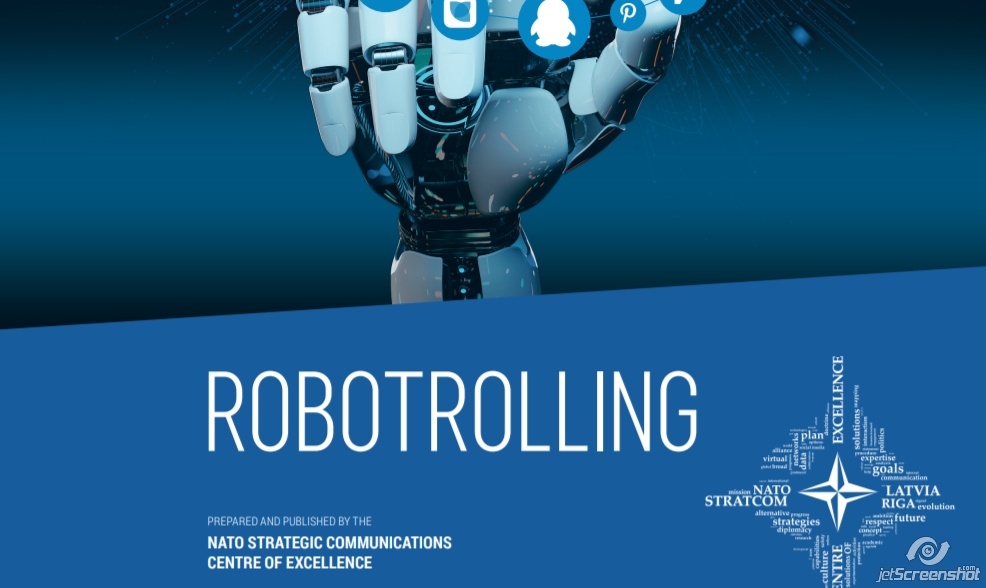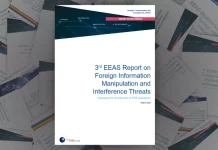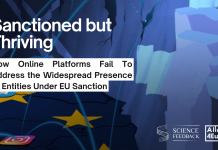
Download publication file (8.83 MB)
New quarterly Robotrolling report has been published, delving into the role of pro-Kremlin bots in spreading disinformation about COVID-19 throughout March. In our analysis, we identify striking differences between how bots engaged with COVID-19 in the Russian- and English-language information spaces.
Bot activity this quarter fixated on the global COVID-19 pandemic, with conversations about the virus captured by our dataset peaking in March. Pro-Kremlin social media accounts amplified a false story, originally shared by a Russian politician, that Poland closed its airspace to Russian planes delivering humanitarian aid to Italy. Though we found that bots commanded the Russian-language conversations about COVID-19, their content was no more viral than examples from recent Robotrolling reports.
Throughout this quarter, we observed a considerable reduction in both the number of unique users and volume of messages. Inauthentic English- and Russian-language activity experienced a similar decline. Since late March, Russian-language activity on Twitter and on VK has been abnormally low.
On VK, the conversation about NATO in the Baltics and Poland is currently being conducted in groups with regional or nationalist profiles. Notably, the large Russian state-run media outlets we frequently observe on the platform have engaged far less with the subject in recent months. Additionally, we observed a halving of posts from bot accounts this quarter.
Robotrolling is a quarterly report by the NATO StratCom COE about automation in social media that has been published since 2017.
Robotrolling 2019/1
Robotrolling 2019/2
Robotrolling 2019/3
Robotrolling 2019/4
Robotrolling 2018/1
Robotrolling 2018/2
Robotrolling 2018/3
Robotrolling 2018/4
Robotrolling 2017/1
Robotrolling 2017/2




